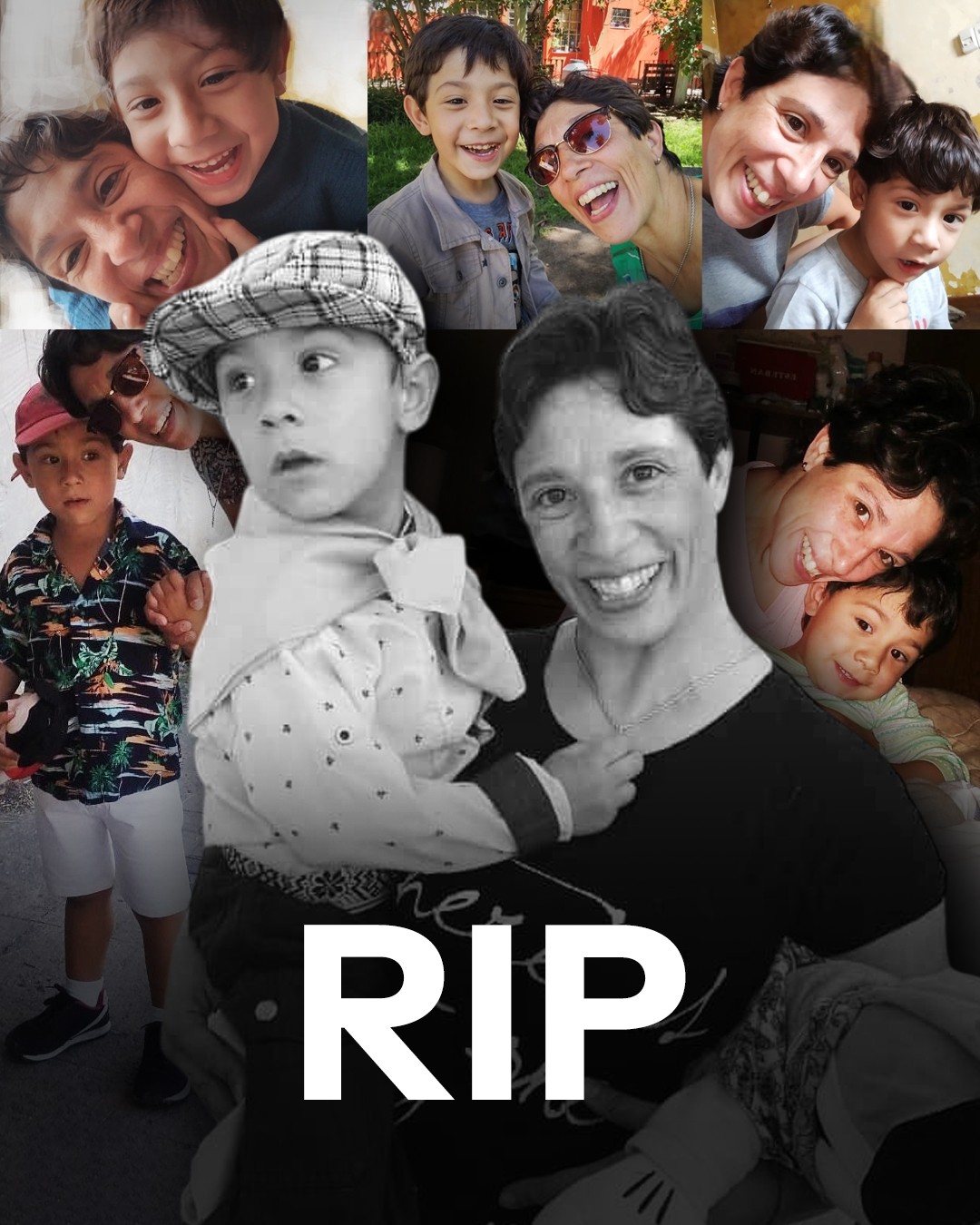In the quiet suburb of Florencio Varela, Argentina, a devastating tragedy unfolded that shook the community to its core: a heart-wrenching murder-suicide involving a mother and her autistic son. Micaela Andrea Lator, 47, left behind a sorrowful letter addressed to her husband, Fernando Cuello. In it, she pleaded for the smallest expressions of love—a morning kiss, a hug for her and their son, Esteban. Her final message was laden with pain: “We didn’t ask for much… we won’t beg you for more. You’ll remember us for the rest of your life.”
According to authorities, Lator had long battled severe depression and was under psychiatric supervision. Her mother had also died by suicide, and Lator herself had previously made an attempt on her own life. Friends noted that a recent argument with Cuello—who worked long hours as a lathe operator—left her emotionally shattered. She reportedly confided in him, saying, “I was tired of caring for the child,” referring to the constant demands of raising their six-year-old son Esteban, who had autism.
On the day of the tragedy, Cuello was away at work. Forensic analysis and transportation records confirmed his whereabouts. He returned home to an unthinkable scene. Esteban had been shot in the head—perhaps while watching television or sleeping. He initially survived the injury but remained alone and in pain for five hours before succumbing to his wounds. Lator first tried to shoot herself in the forehead, but the wound did not prove fatal. She then fired a second shot into her chest, which ended her life.
Cuello, consumed by grief and disbelief, was cleared of any suspicion. “He can’t understand it, he can’t believe it,” said his lawyer, Marcelo Chumbita. The tragedy has reverberated far beyond their household, sparking nationwide reflection on mental health struggles, the weight of caregiving, and the dangers of suffering in silence.
Only days earlier, another chilling case emerged in Buenos Aires. Four members of the Seltzer family were found dead in their apartment. Brothers Ian and Ivo, aged 12 and 15, lay lifeless alongside their parents, Bernardo and Laura. Investigators believe that Laura Leguizamón, who was undergoing psychiatric treatment, experienced a severe psychotic episode. A chaotic handwritten note discovered in the kitchen revealed her despair: “We were heading to the streets… I was ruining their lives… I love you all.”
Forensic evidence showed that Bernardo had likely been sedated and killed while asleep. One son was found dead in his bedroom, while the other attempted to flee but was caught in the hallway. Laura was found last, in the bathroom, with no signs of struggle—indicating she ended her own life after killing her family.
These two consecutive tragedies have ignited widespread alarm across Argentina, shedding light on urgent, unresolved issues—mental health care, emotional exhaustion among caregivers, and the silent descent into despair. Both families once appeared vibrant and content on social media. Behind the smiling vacation photos and cheerful family posts, however, were hidden pleas for help.
In response, the schools and communities affected have entered periods of mourning and contemplation. At ORT school in Almagro, where Ian and Ivo were students, flags were lowered to half-mast and a moment of silence was observed in their memory. The community recalls the family as kind, engaged, and loving.
Yet painful questions linger. How were the warning signs missed? Could timely intervention have changed the outcome? While investigations continue, the deeper reckoning lies in society’s relationship with mental health—its willingness to listen, its capacity to support, and its readiness to act before tragedy strikes.
If you or someone you know is in crisis, help is available. Contact the National Suicide Prevention hotline. You are not alone.
